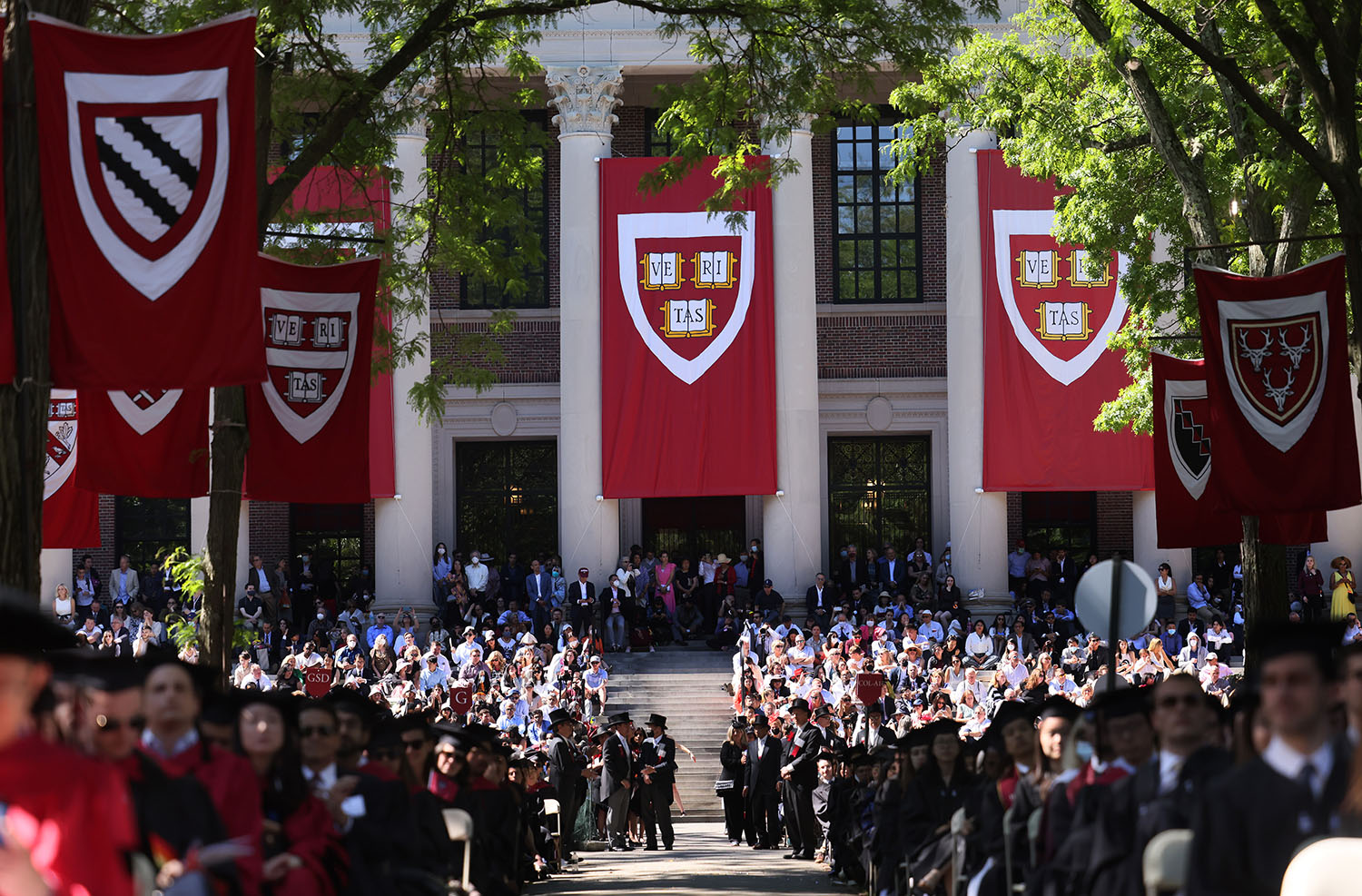Until 2022, science had discovered about 190,000 proteins. Then DeepMind discovered about 200,000 more. AI applications developed since will allow the full modelling of individual humans for tailor-made drugs to treat cancer and slow ageing, Ray Kurzweil writes in a bylined piece in the Economist that truly earns the byline. Kurzweil foresees a time between 2029 and 2035 when an AI-powered medical revolution delivers average lifespan increases of more than 12 months per year, meaning the human species will have reached “longevity escape velocity”. From this point – for those who can afford the latest treatments – “ageing will not increase their actual chance of dying”. Kurzweil is not a fiction writer but he echoes one: Kim Stanley Robinson, whose Red Mars (pub. 1992) imagines 100 pioneering Mars colonists extending their lives almost indefinitely thanks to full-genome modelling offered to them as a spacefaring elite – but not to those who come after.








